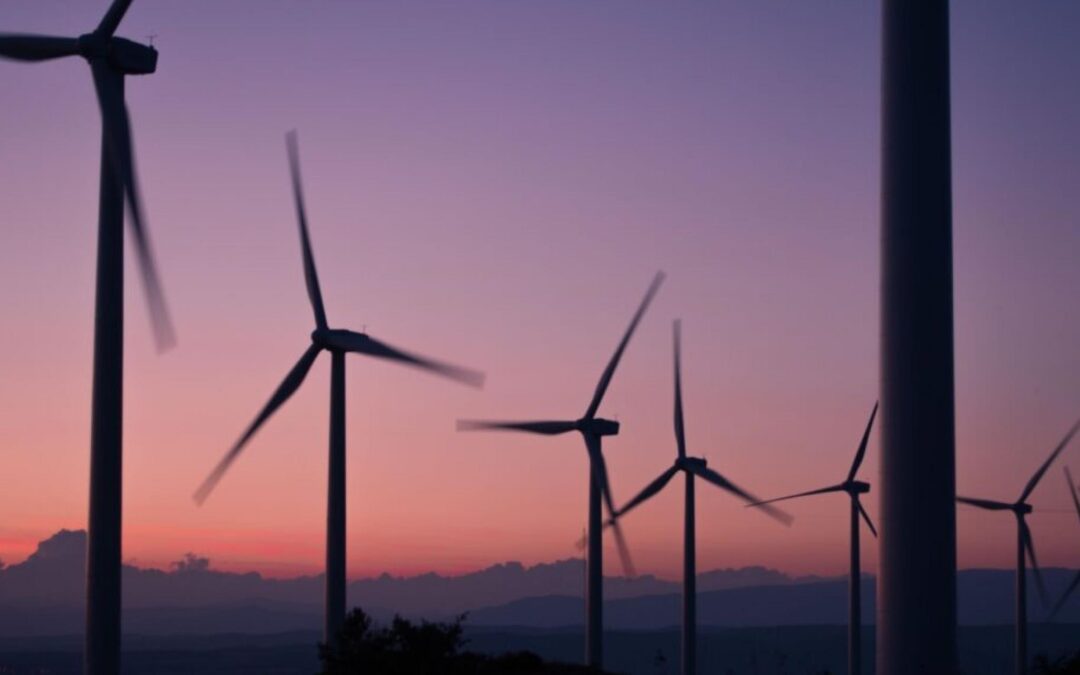The state of California has vowed to have 100% clean power by 2045, but recent data showed that it was already reaching that goal, at least for a few hours each day.
Data posted by the California Independent System Operator (ISO) revealed that in recent weeks, power supply generated through wind, water and solar exceeded total demand for up to six hours daily.
California ISO is one of the country’s largest power grids and handles around 80% of California’s power supply.
Data shared by Stanford professor Mark Z. Jacobson illustrated that in 18 out of the last 19 days, power from wind, water and solar exceeded demand for at least a few minutes and up to six hours during daytime when power consumption is at its lowest and solar generation at its highest.
At night hours, wind-water-solar represented about 50% of the grid’s supply. On the whole-day average, renewables represent 70% of the state’s power supply, with the rest being provided by other sources such as natural gas and nuclear.
While burning natural gas produces carbon emissions, nuclear energy is considered clean but still faces massive opposition due to poor public perception.
The news was significant for the state’s environmental campaign, but there’s a caveat: these numbers were achieved in spring, when mild weather allows for most people to go without the need for heating or cooling systems.
In Germany, a similar milestone was achieved in 2018, when the entire grid was covered by renewable energy for the first time, as per Clean Energy Wire. The country has set the goal for 100% renewable energy for 2035.
Late last year, strong wind generation and low demand during the Christmas season took electricity prices below zero in the European country, Bloomberg reported.
In 2022, California Gov. Gavin Newsom signed the Clean Energy, Jobs and Affordability Act of 2022 which made it a state policy to achieve 90% zero-carbon power by 2035 and a completely clean grid by 2045.
ETFs covering the alternative energy sector have seen better days, but have had a minor uptick this week.
The panorama for the clean energy sector continued uncertain facing the 2024 presidential election which will likely set the course for climate policy in the U.S. for the next term. President Joe Biden pushed extensively on climate policy by setting new carbon emission goals and signing the Inflation Reduction Act, which invests hundreds of billions in clean energy, electric vehicles, and environmental justice.
A win by Donald Trump would likely scrape off much of Biden’s climate policies through executive orders. The former president has consistently expressed disbelief for climate action and proposed massive cuts to climate policy during his time in the Oval Office.
iShares Global Clean Energy ETF (NASDAQ:ICLN), the largest ETF in its category by total assets, is down 25% since last year and is up 1.4% this week.
Invesco Solar ETF (NYSE:TAN) which is focused on the solar energy subsector, has lost 37% of its value in the last year, yet it has ticked up 2.3% this week.
Some individual stocks in the sector are doing better but are still recovering from price drops during the latter half of 2023. NextEra Energy Inc (NYSE:NEE), one of the largest producers of wind and solar energy worldwide, is up 16% in the last month, but continues to be 15% under its last-year price.
Solar panel manufacturer First Solar Inc (NASDAQ:FSLR) is up 12% in the last month and down 20% in the last year.
Clean energy provider Clearway Energy, Inc. (NYSE:CWEN) is up 4% in the past month and down 25% in the last year.
Photo: Unsplash


Recent Comments